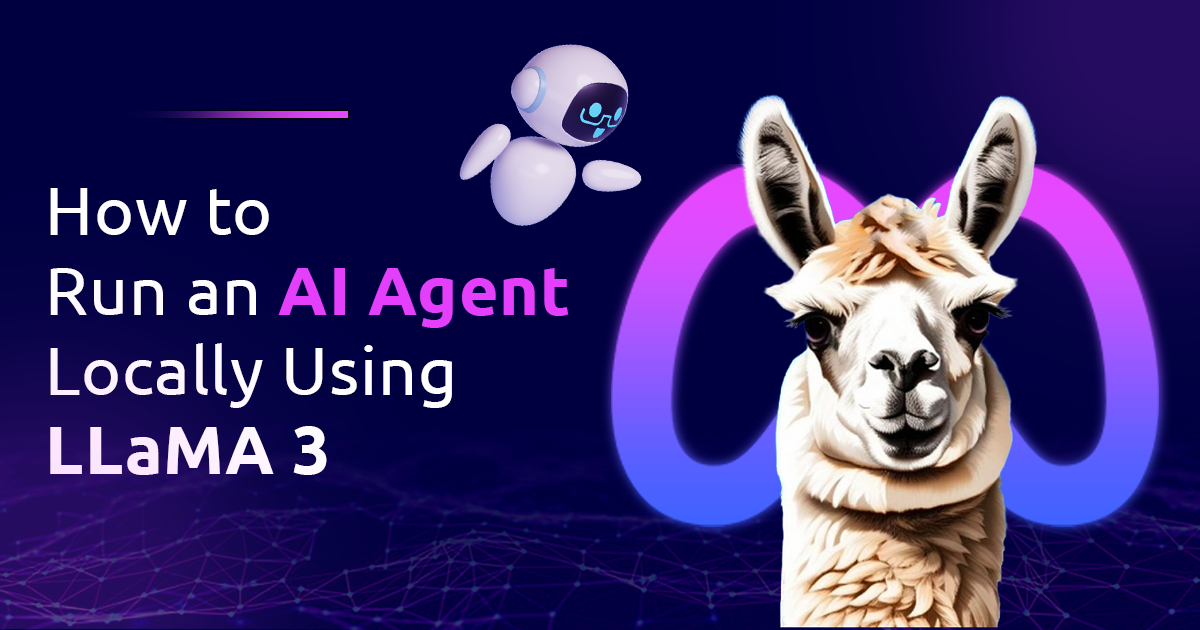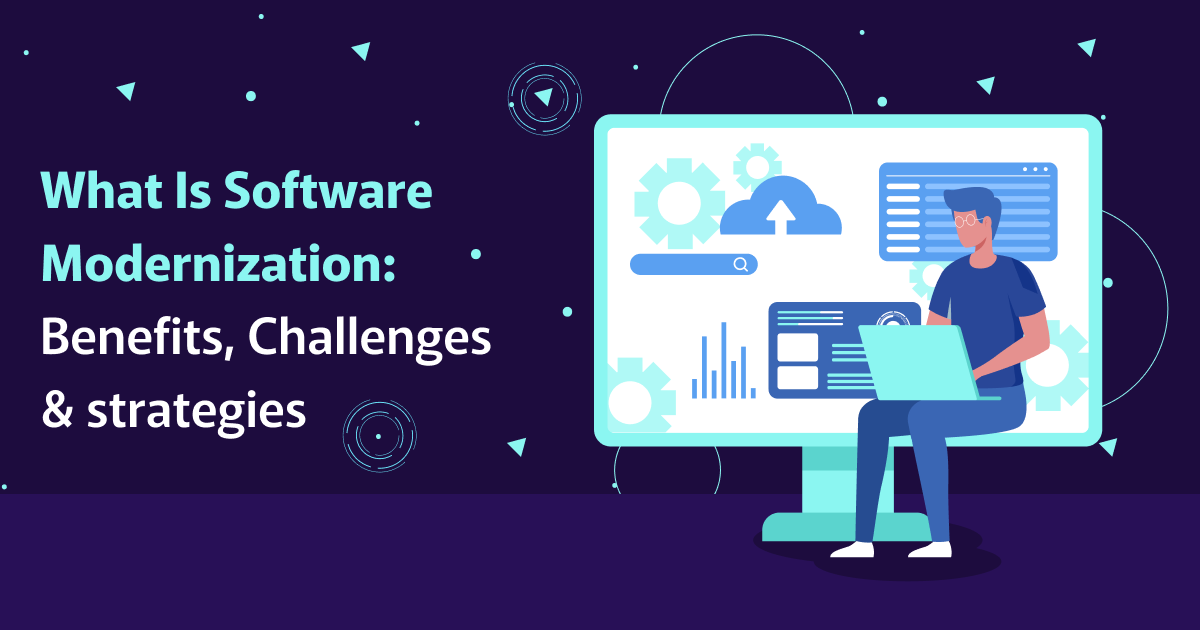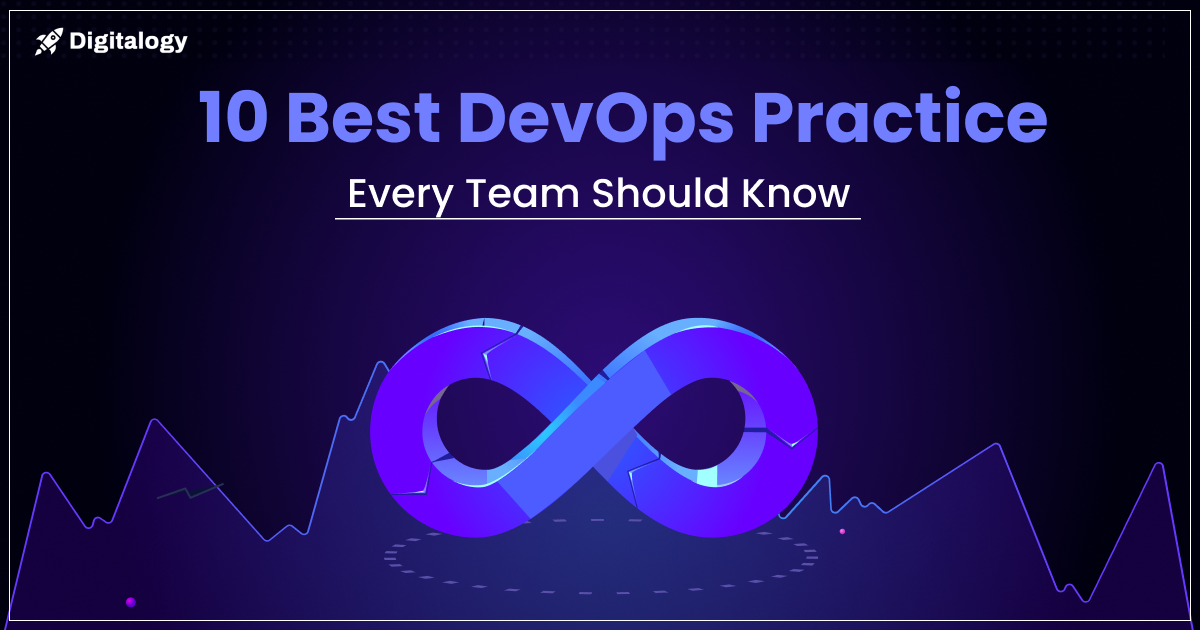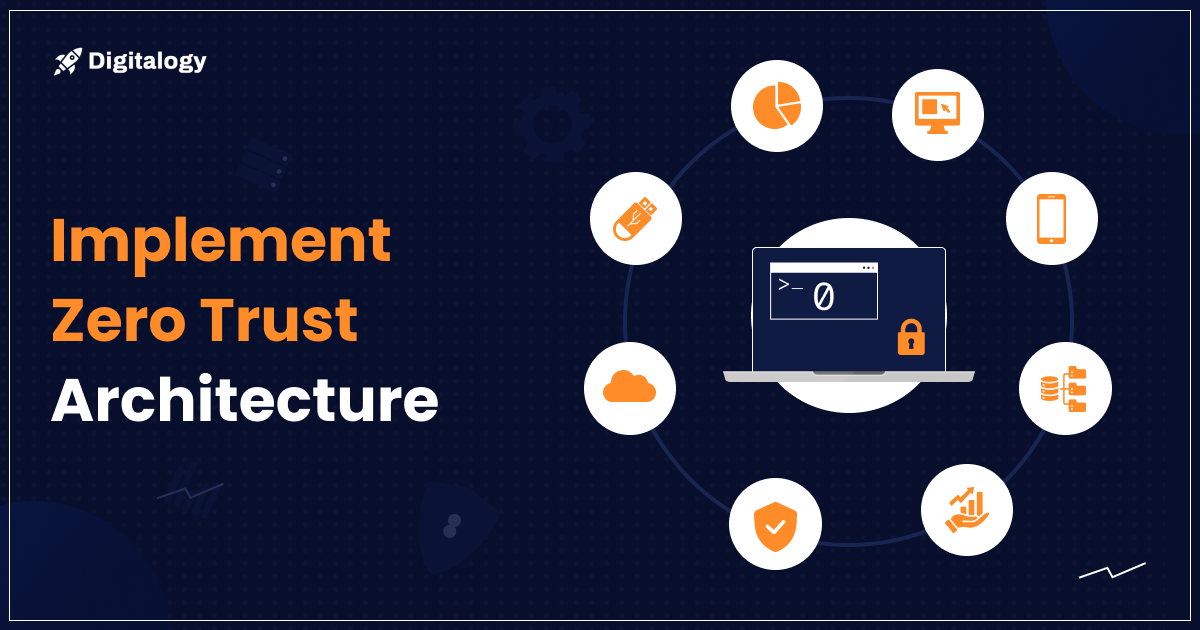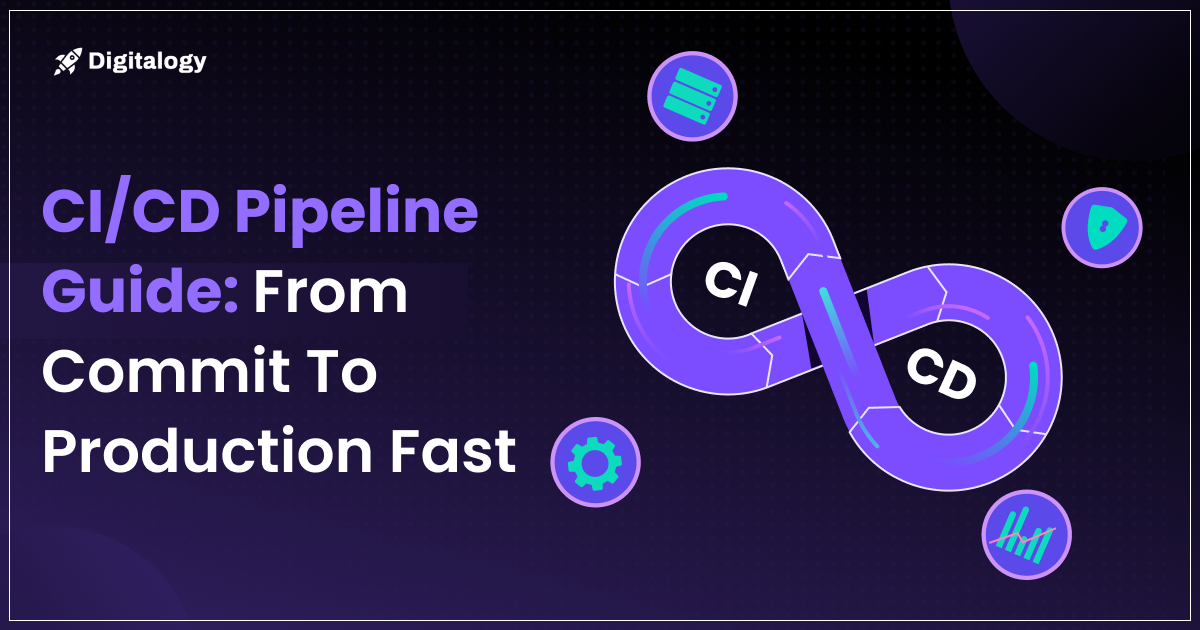Rapid technological advancements have forced practically every industry sector to adapt to thrive in these turbulent times. Examples of cutting-edge technology that can support organizations in growing and preparing for the future are artificial intelligence (AI), big data, and machine learning. However, entrepreneurs must combine technology to meet their long-term objectives and contend with the more intense competition.
In the business world, “big data” has become a buzzword. Big Data initiatives take center stage because they provide practical insights from the data at hand. There are, nevertheless, always methods to boost their effectiveness even further.
This piece will delve deeply into the marriage of DevOps and Big Data. However, let’s take a moment to clarify each of these terms before continuing.
What is Big Data?
Big data is the term used to describe extensive and intricate data sets that are gathered from numerous sources. Typical data processing software cannot handle them because of their large volume and complexity. These data sets provide entrepreneurs with quick answers to business-related questions and help them make well-informed decisions. Standard data is not suitable for this use.
Extensive data management involves obtaining, storing, exchanging, assessing, processing, presenting, testing, and converting corporate data to give the necessary business value. It also adds automation, which makes process streamlining easier.
Furthermore, big data can offer organizations valuable insights as they face tremendous pressure to deliver goods and services faster. However, DevOps provides suitable tools and techniques to accomplish this as efficiently as possible.
What is DevOps?
In a nutshell, DevOps is a set of behaviors, philosophy, and culture that helps development and operations teams work together more effectively. Its main goal is to automate and optimize various tasks involved in the project’s development lifecycle.
Important DevOps pillars include shorter development cycles, faster releases, more frequent deployments, parallel work by multiple specialists, and consistent customer input. These days, this idea is becoming more and more popular due to its benefits for companies.
Why does Big Data require DevOps?
Big Data projects can be challenging to manage because of the enormous volume of data involved, the need to complete the task more rapidly to stay competitive, or the demand from stakeholders to react swiftly to changes.
Unlike DevOps, the traditional way of addressing these difficulties is low. Different teams and individuals typically operate alone. This approach fosters silos and a shortage of teamwork. Data architects, analysts, administrators, and numerous other specialists, for instance, work on their portion of the project, which ultimately slows down delivery.
The pillars listed above, however, state that DevOps unites all parties involved in the software delivery pipeline at every point. It makes it easy for your Big Data team to become cross-functional by removing obstacles and breaking down silos between various responsibilities. Furthermore, you may see a significant improvement in operational effectiveness, reinforcing the vision of the common goals.
Even while merging Big Data with DevOps provides many advantages for businesses, there are drawbacks that software companies must take into account.
Challenges faced while integrating Big data and DevOps
Suppose you finally decided to add DevOps to your Big Data project. If this is the case, you should be aware of the various challenges that may arise during the process.
1. Implementing analytical models
The operations staff of a product engineering company must be knowledgeable about big data platforms and the techniques used to apply analytics models. Additionally, analytics professionals must acquire advanced abilities because they work directly with different social engineers.
2. Cloud computing
Big Data DevOps requires additional resources and cloud computing technology to run as efficiently as possible. These services allow IT departments to focus more on improving business values instead of troubleshooting hardware, operating systems, and other operational issues.
3. Communication
Even while DevOps fosters excellent collaboration between developers and operations specialists, there are always some communication obstacles to overcome. Moreover, in environments suitable for production, confirming the functionality of analytical models should be more thorough and quicker.
Advantages of Integrating Big Data and DevOps
Since DevOps and data analytics are unrelated, hiring data specialists can benefit companies looking to integrate DevOps with Big Data.
It can assist companies in enhancing the effectiveness and potency of their Big Data operations when combined with Dev Ops. Integration of DevOps with Big Data benefits organizations in the following ways.
1. Adequate software updates
Software generally integrates with data in a certain way. You must be aware of the kind of data sources your program uses if you wish to update it. Working with your data specialists and fusing DevOps with Big Data can help you understand this.
2. Relationship building
The enormous growth in the types and range of data makes Big Data software incomprehensible to non-data experts. To guarantee the best results, data specialists can assist DevOps workers in learning about the types of data and difficulties they must overcome.
It is appropriate to note that apps created by the DevOps and Big Data teams behave identically in real-world scenarios to those made in development environments.
3. Reduced errors
Error rates typically rise when firms have data handling issues during the software development and testing cycle. To save time and effort, identifying and preventing those problems continues to be the top priority in the software delivery pipeline. Experts in DevOps and Big Data working together will help to solve data-related issues in applications.
4. Ongoing Analytics
Combining DevOps and Big Data can provide continuous analytics, like continuous integration (CI). This is due to the combination’s ability to apply algorithms to automate and streamline data processing processes.
5. Feedback
After implementing the Big Data program, it is imperative to receive reliable and prompt feedback to assess its benefits and drawbacks. Once more, the tight working relationship that makes possible the coupling of Big Data and DevOps between data scientists and executives in DevOps might be advantageous to this process.
Conclusion
Many global organizations still do not view DevOps managed services as a crucial approach, even though they have evolved and become sufficiently mature to deliver software and services more quickly.
Large corporations continue to employ outdated methods due to the mistaken or incorrect perception that the shift to DevOps may not be successful.
However, DevOps can speed up the delivery of high-quality goods, and organizations that integrate Big Data with DevOps can achieve superior outcomes over time.


